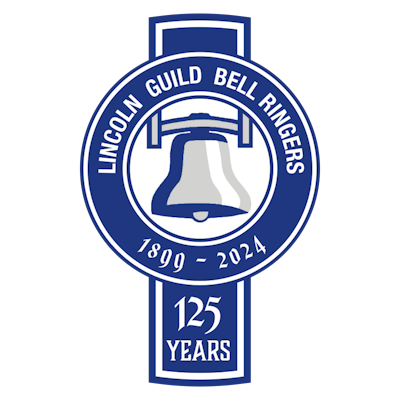Striking Competition Rules - Guild Six Bell
Aim:
The aim of the Competition is to create interest in good striking and lead to improved ringing standards which are considered a key factor in motivating and retaining new ringers.
Rules:
- The contest is open to all towers and tower groups within the Diocese of Lincoln. There is no limit on the number of teams a tower or tower group can enter, provided that the requirements of rule 3 below are met. Teams should be entered by submitting the details to your branch secretary. In addition, the Guild's young ringers are encouraged to enter a band or bands (a young ringer being defined as under the age of 19 on the 31st August of the year of the competition). Branch Secretaries and Youth Team Organiser should in turn notify the Guild Secretary of intentions to enter a team. Entrants will be informed of the draw date which will be the deadline for entries
- All ringers must be members of the Guild.
- No one shall ring for more than one team on the day in either competition and all team members shall be from the same tower or tower group. The exception to this rule being the members of the Young Ringers band(s) who may in addition ring for their tower or tower group in either competition.
- The contest shall be on six bells and be divided into two separate competitions:
- The John Freeman Cup: Open to teams that shall ring the designated number of changes of any 5 or 6 bell method. If a 5 bell method is rung, it must be rung with a cover. Plain Hunt on 5 or 6 bells counts as a method. A team ringing more or less than the designated number of changes or not starting and finishing in rounds shall be deemed to have rung out and will not be counted in the placings.
- The Ted Colley Plate: Open to teams that shall ring the designated minimum number of rows set by the Guild Committee of Rounds and Call Changes. Teams may only ring call changes. No methods are permitted. A team may ring more than the designated number or rows, but only the first rows of the designated number will be counted. Call changes will be counted from the first row away from rounds. A team ringing less than the designated number of changes will be deemed to have rung out and will not be counted in the placings.
- A period of five minutes will be allowed to enable the band to get the feel of the bells. The bells must then be stood. As a signal to the judge, a few strokes shall be rung on the treble immediately before the commencement of ringing the test piece. Any team failing to comply with this rule will still be judged but will be disqualified and not ranked.
- The conductor may stop and re-start the attempt once, providing no more than thirty changes or half a minute of call changes have been rung. The band will stand and the treble rung again as a signal of a restart. A penalty of 10% of their faults shall be added on to make their final mark.
- A clock will be provided in the ringing chamber for the use by the contestants.
- It is the band's responsibility to make sure that they adhere to the practice period and in the call change competition complete at LEAST the specified number of rows for the competition.
- A steward will be available to assist, if requested, with the timing of the practice and may be asked to advise the band of the completion of the test piece.
- The judge's decision is final.
- In the event of a high number of entrants, heats may be arranged to limit the number of teams participating on any one day.
Revised April 2024
